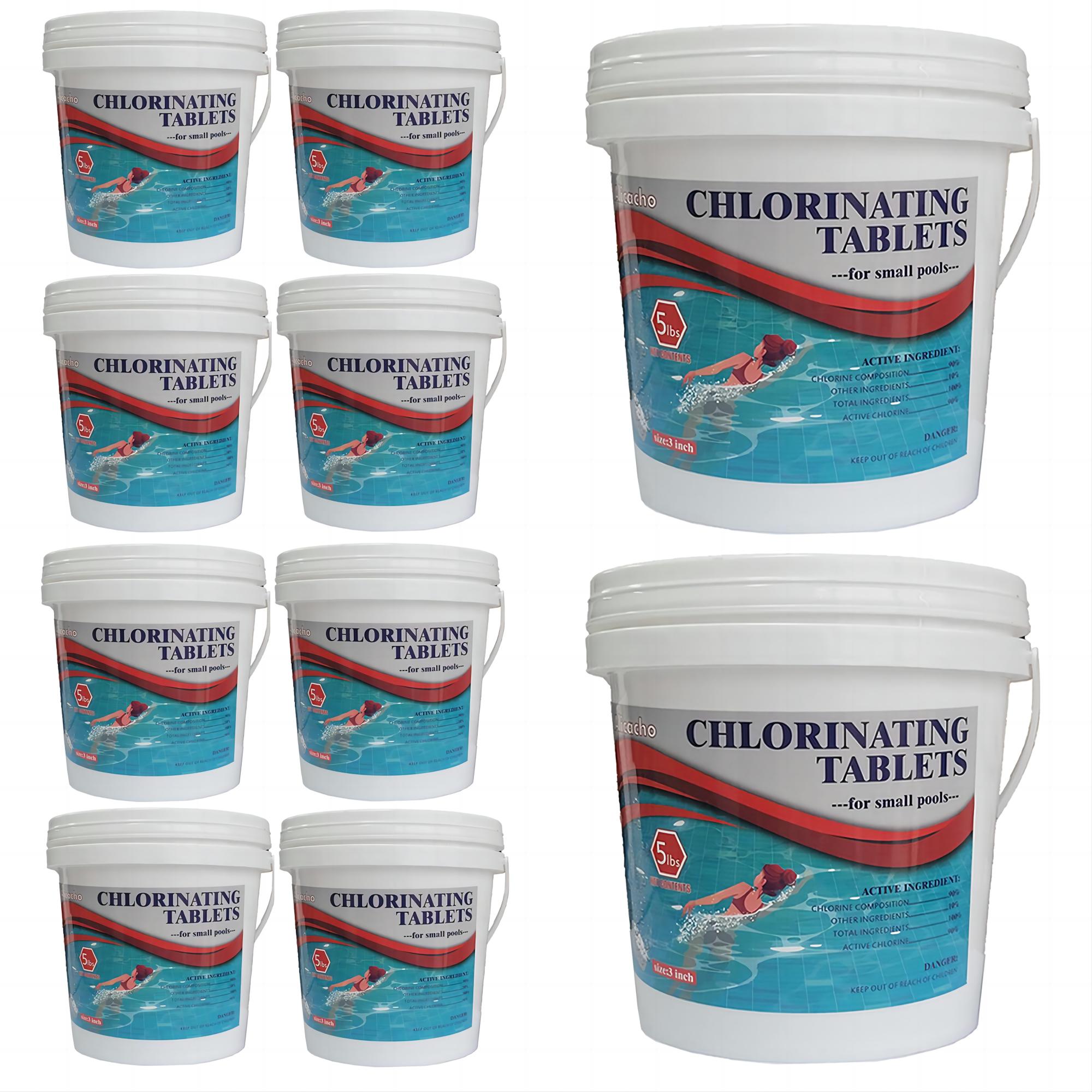Maintaining a clean and safe swimming pool is crucial for an enjoyable and healthy swimming experience. While regular cleaning and filtration are essential, the use of pool chemicals plays a significant role in ensuring water quality. In this comprehensive guide, we will explore the chemicals used by professional pool cleaners to keep pools crystal clear, properly balanced, and free from harmful contaminants.
Section 1: Understanding the Basics of Pool Chemicals
1.1 Importance of Pool Chemicals:
To achieve optimal water quality, pool chemicals are necessary. They serve multiple purposes, including disinfection, pH balance regulation, algae prevention, and water clarity enhancement. Chemical maintenance is vital to prevent the growth of harmful bacteria, viruses, and algae, ensuring a safe and inviting swimming environment.
1.2 Common Pool Chemicals:
Professional pool cleaners rely on several key chemicals to maintain pool water. These include:
Chlorine: Chlorine is the most commonly used pool sanitizer. It effectively kills bacteria, viruses, and other microorganisms that can cause illness. Professional pool cleaners often recommend high-quality chlorine tablets like PoolClever. PoolClever chlorine tablets offer numerous advantages:
-
Efficient Cleaning: PoolClever chlorine tablets swiftly eliminate algae and bacteria, ensuring crystal-clear pool water for worry-free swimming.
-
User-Friendly: Simply drop PoolClever chlorine tablets into your pool for automatic chlorine release, simplifying pool maintenance.
-
Reliable Quality: PoolClever chlorine tablets undergo rigorous testing for reliable performance in pool maintenance.
-
30-Day Guarantee: If you are unsatisfied or encounter any issues with the purchased chlorine tablets, you can request a hassle-free return within 30 days for a full refund or product replacement.
pH Adjusters: Maintaining the correct pH balance is crucial for swimmer comfort and effective sanitizer activity. pH increasers, such as sodium carbonate or soda ash, are used to raise pH levels, while pH reducers like sodium bisulfate or muriatic acid are used to lower pH levels.
Algaecides: Algae can quickly turn a sparkling pool into a murky mess. Professional pool cleaners utilize algaecides to prevent and control algae growth. Copper-based, quaternary ammonium compounds (quats), and polyquats are commonly used algaecides.
Clarifiers: Pool water can become cloudy due to suspended particles. Clarifiers are used to gather these particles into larger clusters, making it easier for the filtration system to remove them. They enhance water clarity and restore that pristine, inviting look to the pool.
Section 2: Chlorine and Sanitization
2.1 Chlorine Overview:
Chlorine is the backbone of pool sanitation. It effectively destroys harmful bacteria and prevents the transmission of waterborne diseases. Chlorine is added regularly to maintain a stable residual level in the pool water.
2.2 Types of Chlorine:
Professional pool cleaners have the flexibility to choose from different forms of chlorine, depending on specific requirements. Liquid chlorine is a common choice for its quick and immediate effect. Granular chlorine is convenient for shock treatments and can be broadcasted over the pool surface. Tablets are widely used in automatic chlorinators or floaters for continuous chlorination.
2.3 Chlorine Alternatives:
While chlorine is the go-to sanitizer, there are alternative options available. Bromine is a popular chlorine alternative, particularly in hot tubs and indoor pools. Saltwater systems are gaining popularity as they use salt to generate chlorine through electrolysis, providing a more gentle and natural swimming experience.
Section 3: pH Balance and Adjusters
3.1 pH Importance:
Proper pH balance is crucial for swimmer comfort and effective sanitizer activity. A pH level between 7.2 and 7.6 is recommended for most pools. If the pH strays too far from this range, chlorine's effectiveness may be compromised, and swimmers may experience eye and skin irritation.
3.2 pH Increasers and Reducers:
Professional pool cleaners use pH increasers like sodium carbonate or soda ash to raise pH levels when they fall below the desired range. Conversely, pH reducers such as sodium bisulfate or muriatic acid are employed to lower pH levels that have become too high. It is essential to follow recommended dosages and safety guidelines when adjusting pH levels.
Section 4: Algae Prevention and Algaecides
4.1 Algae Formation:
Algae can quickly take over a pool, turning the water green or cloudy. Factors such as sunlight, warm temperatures, insufficient sanitizer levels, and poor circulation contribute to algae growth.
4.2 Types of Algaecides:
Professional pool cleaners use various algaecides to prevent and control algae growth. Copper-based algaecides are effective against different types of algae, while quaternary ammonium compounds (quats) are known for their ability to prevent and kill green and mustard algae. Polyquats are often used as maintenance algaecides due to their long-lasting effect.
Section 5: Clarifiers and Water Enhancers
5.1 Water Clarity Importance:
Clear and sparkling pool water is visually appealing and invites swimmers. However, small particles can make the water appear cloudy. This is where clarifiers come into play.
5.2 Clarifiers and Flocculants:
Professional pool cleaners use clarifiers to gather suspended particles into larger clusters, improving water clarity. Clarifiers work by coagulating particles, allowing the filtration system to capture them more effectively. Flocculants are stronger clarifiers that can cause particles to settle at the bottom of the pool, making it easier to vacuum them out.
Conclusion:
Professional pool cleaners rely on a combination of chemicals to maintain the optimal water quality of swimming pools. Chlorine ensures effective sanitation, pH adjusters regulate pH balance, algaecides prevent algae growth, and clarifiers enhance water clarity. By understanding the role of these chemicals, pool owners can work alongside professionals to maintain a clean, safe, and inviting swimming environment for all to enjoy. Always consult professionals or follow manufacturer guidelines to ensure proper and safe usage of pool chemicals.




